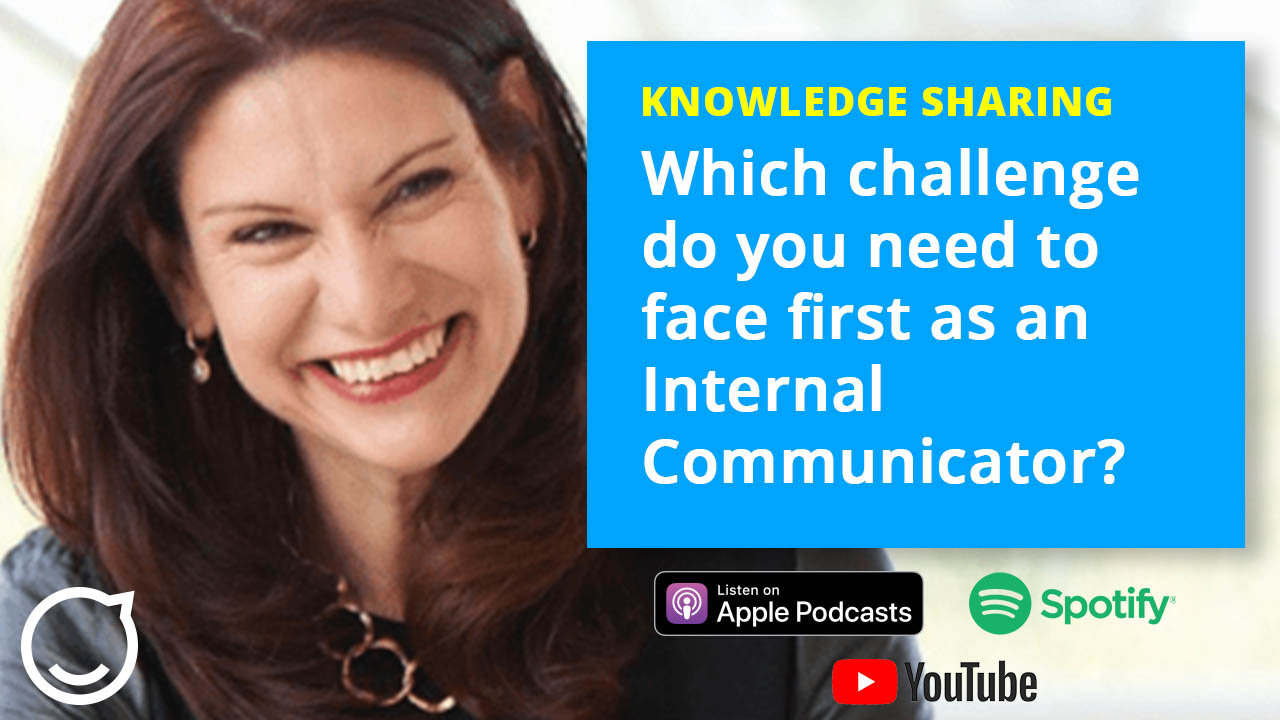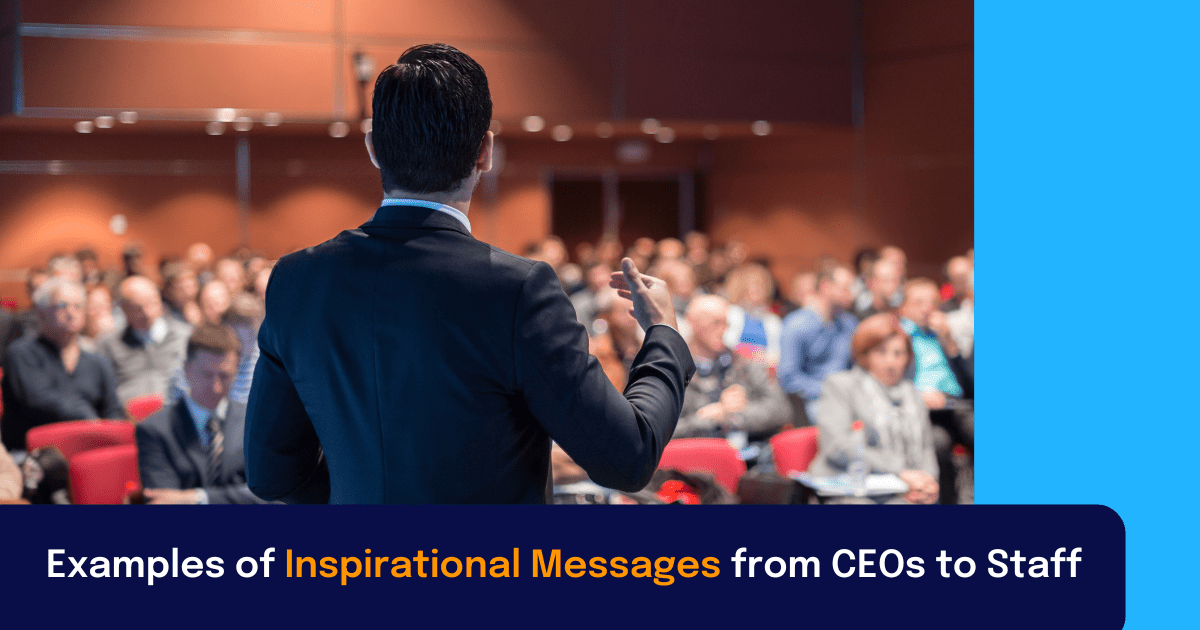A chat with Managing Director of AB and host of The Internal Comms Podcast, Katie Macaulay.
Links:
- Katie Macaulay’s Internal Comms Podcast
- Blind — Anonymous community app
- AB Internal Comms Podcast — Episode 11: Paolo Peretti
- The 7 Habits of Highly Effective People by Stephen R. Covey
- Search Inside Yourself by Chade-Meng Tan
- 2019 Edelman Trust Barometer
- AB Internal Comms Podcast — Episode 9: Harry Hugo
- The Daily Goat Vlog Series
Quotes:
3:30 Why do you think it is such a common trend that people “fall into” internal communications roles?
4:04 “We are a young profession. . . . A turning point happened in the ’90s . . . along came this thing called the world wide web—mobile comms, social media—and it made engagement with our audiences a lot easier, but also we could engage with people in more strategic ways. [Since then] internal communications has been on the rise.”
6:45 What’s the first thing you do on your first day as an internal communicator?
7:12 “Day one for me is when you say yes to the job offer. Firstly, I always hop over to the investor relations page . . . that’s usually the closest thing you can find to the business strategy. You’re also going to want to know what people are saying about this organization, particularly people who work there and used to work there. You should be looking for commonalities among levels of management in the company, but also should be particularly interested, almost overwhelmingly excited, by the gaps, by the misunderstandings, because that’s where you need in the future to focus your energy and attention.”
11:57 If you can or cannot segment your message to your new audience, how do you overcome it and reach those people?
13:03 “Segmentation is not just about engaging people, it’s demonstrating you actually are respecting their time, you’re not bothering them with things they don’t need to know. You can segment by demographic [or] by sentiment. Both are great.”
16:45 When working towards accomplishing an active and engaged audience, how do you shift through differing opinions of what is important?
17:09 “There’s one very simple golden bullet to this and very few organizations do it. In fact, almost none of them do it. But that’s simply to get people to subscribe to what they’re interested in…”
19:45 How do you overcome the state of mind of being unsure how to reach your people as an internal communicator?
20:25 “It’s great to be an introvert in internal communication because you have to be “consciously competent” and think through what you’re going to say and how you’re going to say it before you speak to your audience. If you prepare, you will be a much better communicator.”
34:10 “When we’re listening, we’re not actually listening. We’re pausing and . . . formulating our thoughts for the next brilliant thing we’re going to say. . . . So ask more questions; listen hard to answers!”
35:45 What is your experience in dealing with organizations that can’t seem to fix their internal communication, even with the help of “shiny new tools” like mobile apps and channels?
36:50 “In terms of getting people to pay attention, I think for too long we did just broadcast at people and didn’t put them in the picture . . . we made too many announcements [and] didn’t tell enough stories. The quality of the content comes first, the channel comes after.”
40:30 How do you go about looking for internal influencers and champions to convey your message throughout the organization?
40:58 “You don’t get influence without trust. . . . Don’t just go for who has the most followers . . . find the niche thing that you want people to engage with and focus on that aspect of the conversation. Create a platform where [employees] can be themselves, and see what happens. You might find that these influencers will come quite naturally and it will grow organically.”
47:05 What’s the best strategy to uncover what leadership really wants from you as an internal communicator?
48:30 “Find a mentor, join forces with other internal communicators. . . . If you’re being asked too many questions to prove your ROI, then you might just be in the wrong organization. Don’t overcomplicate measurement . . . think about it as a purpose.”
56:51 What’s the biggest mistake you can make in the comms community?
57:05 “We don’t make enough mistakes. We are far too conservative. Dream big and be ambitious . . . failure gets us one step closer to success because we learn what doesn’t work. In comms, the bigger and bolder the story, the more attention it gets.”
If you prefer to listen on your favorite app, check out our feed on Google, iTunes, Spotify, BuzzSprout, Stitcher, and TuneIn.



